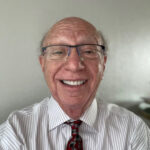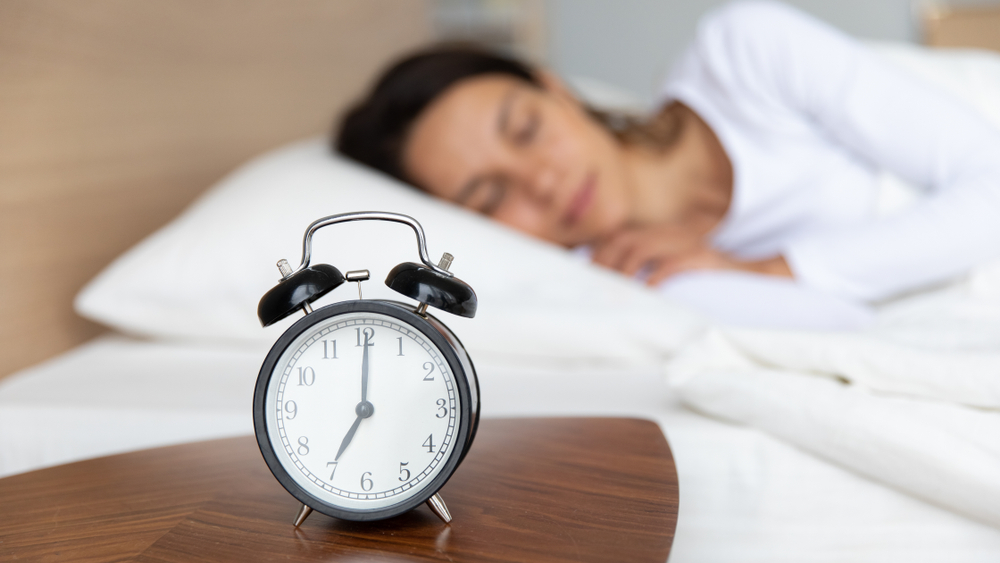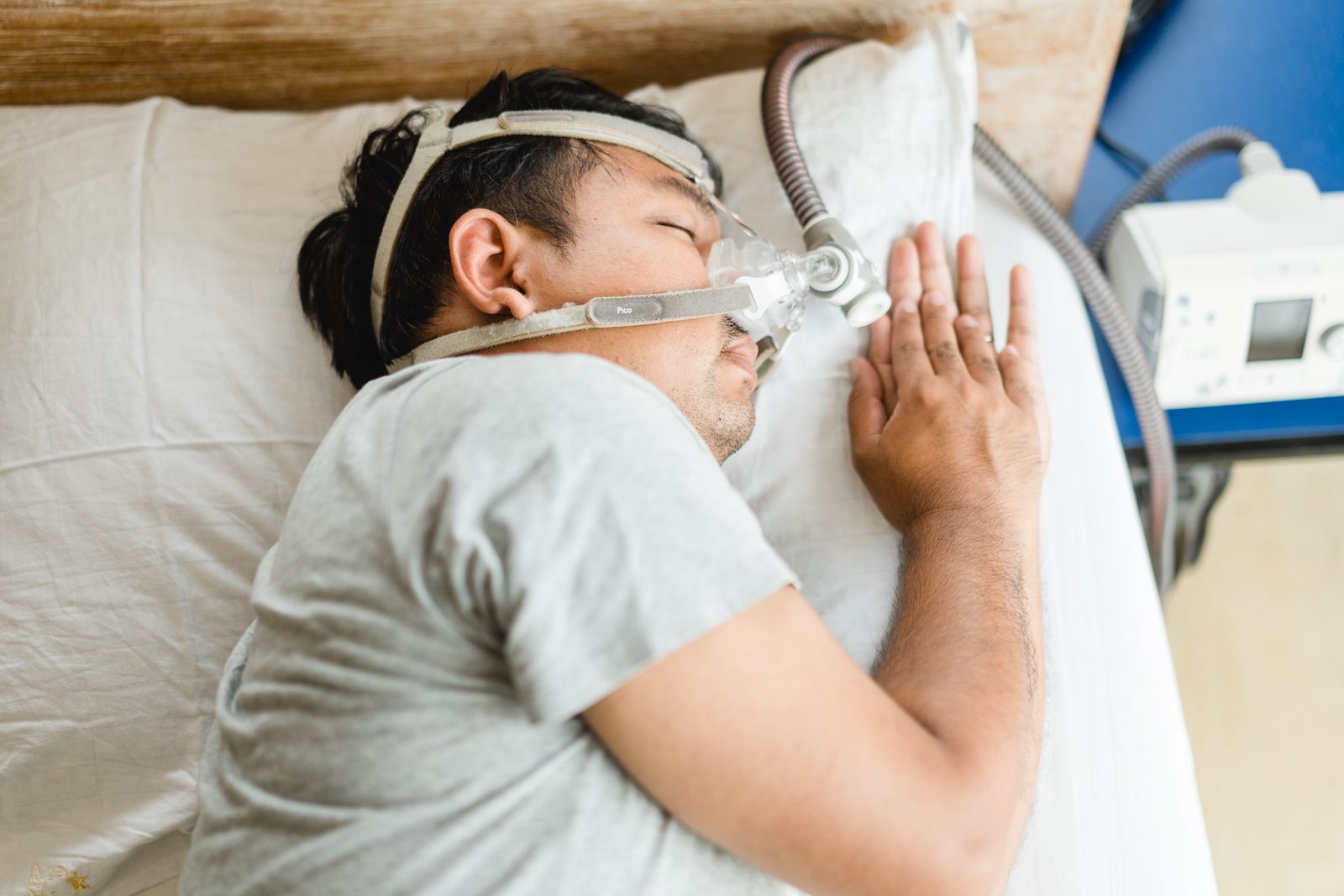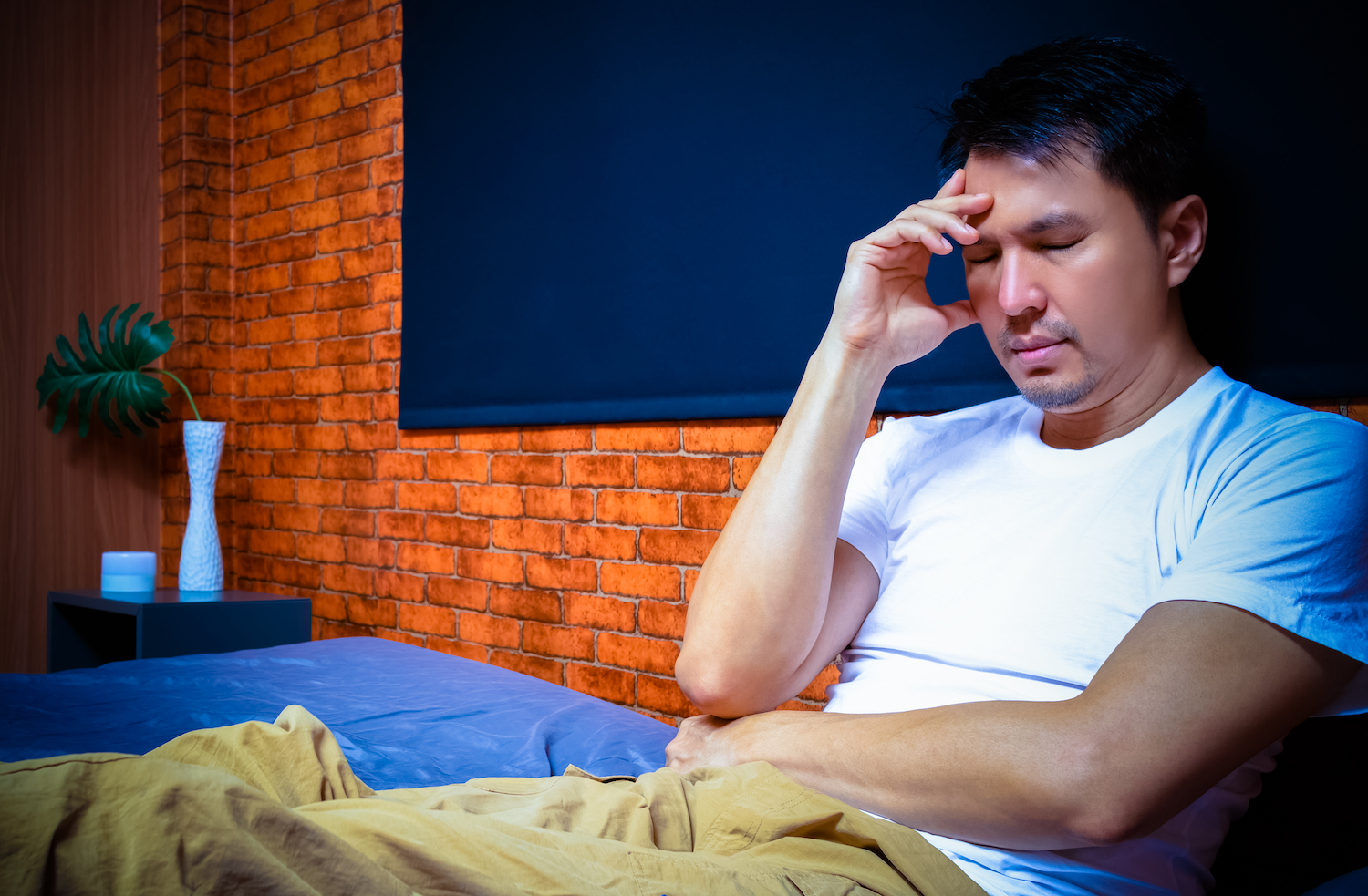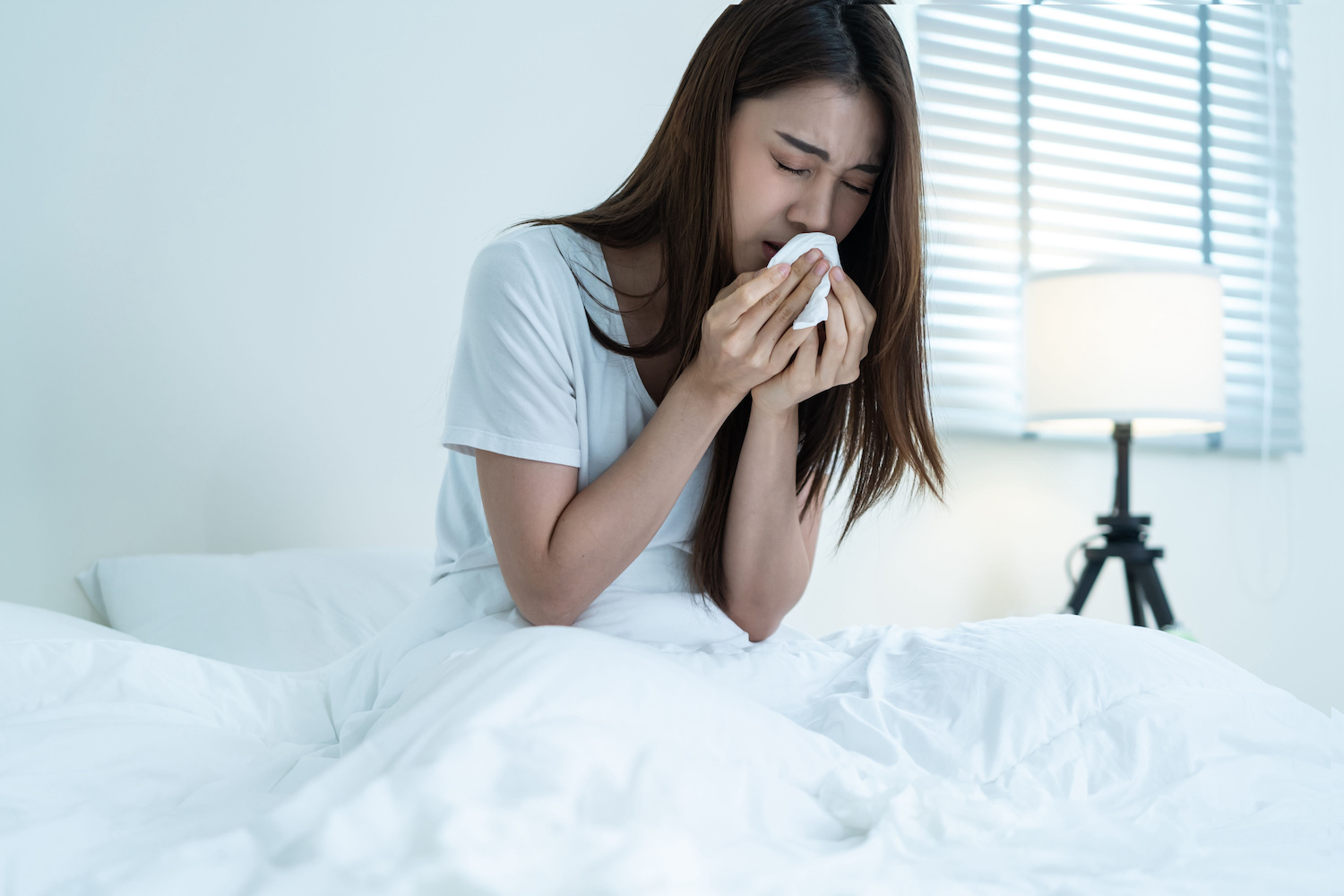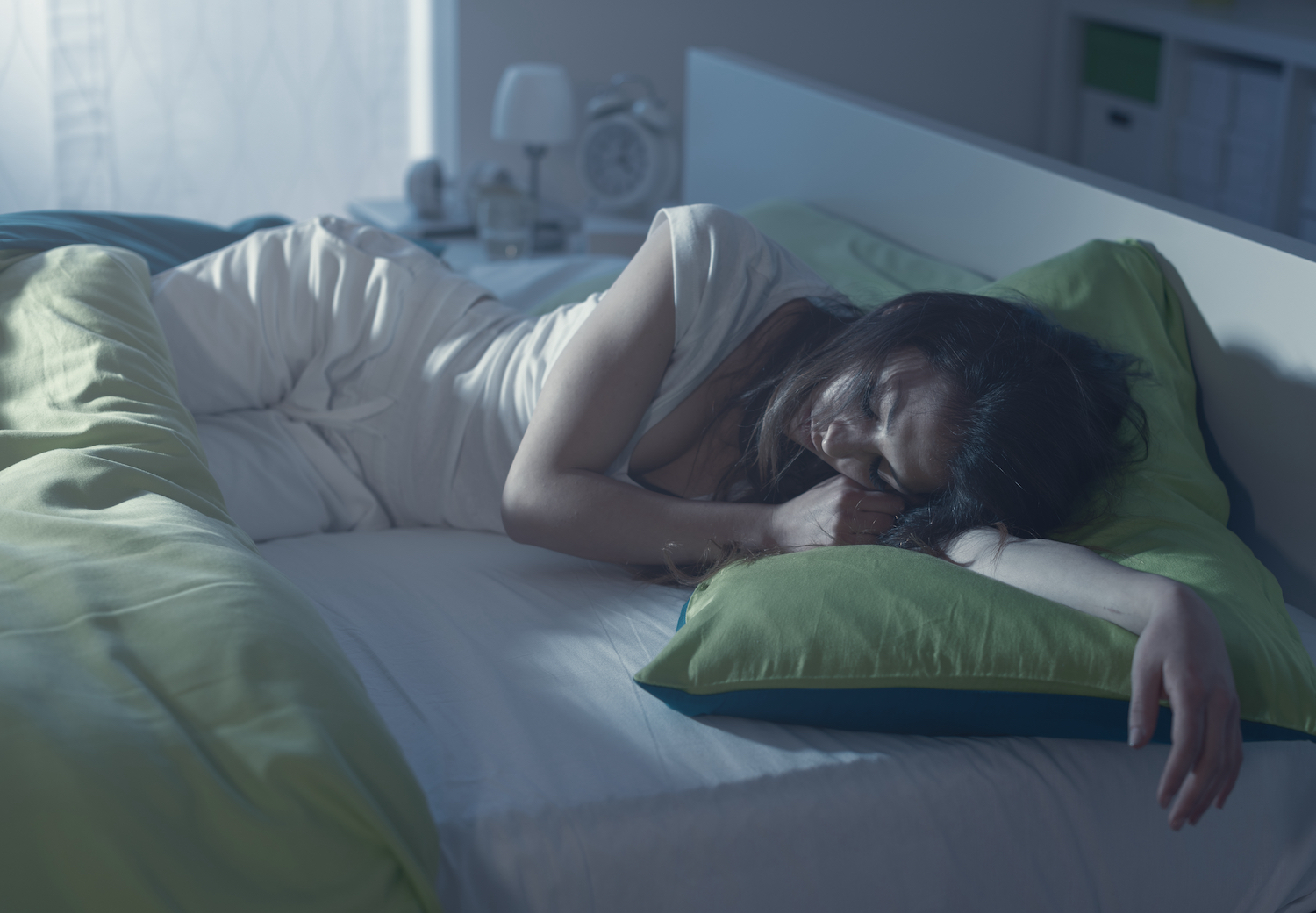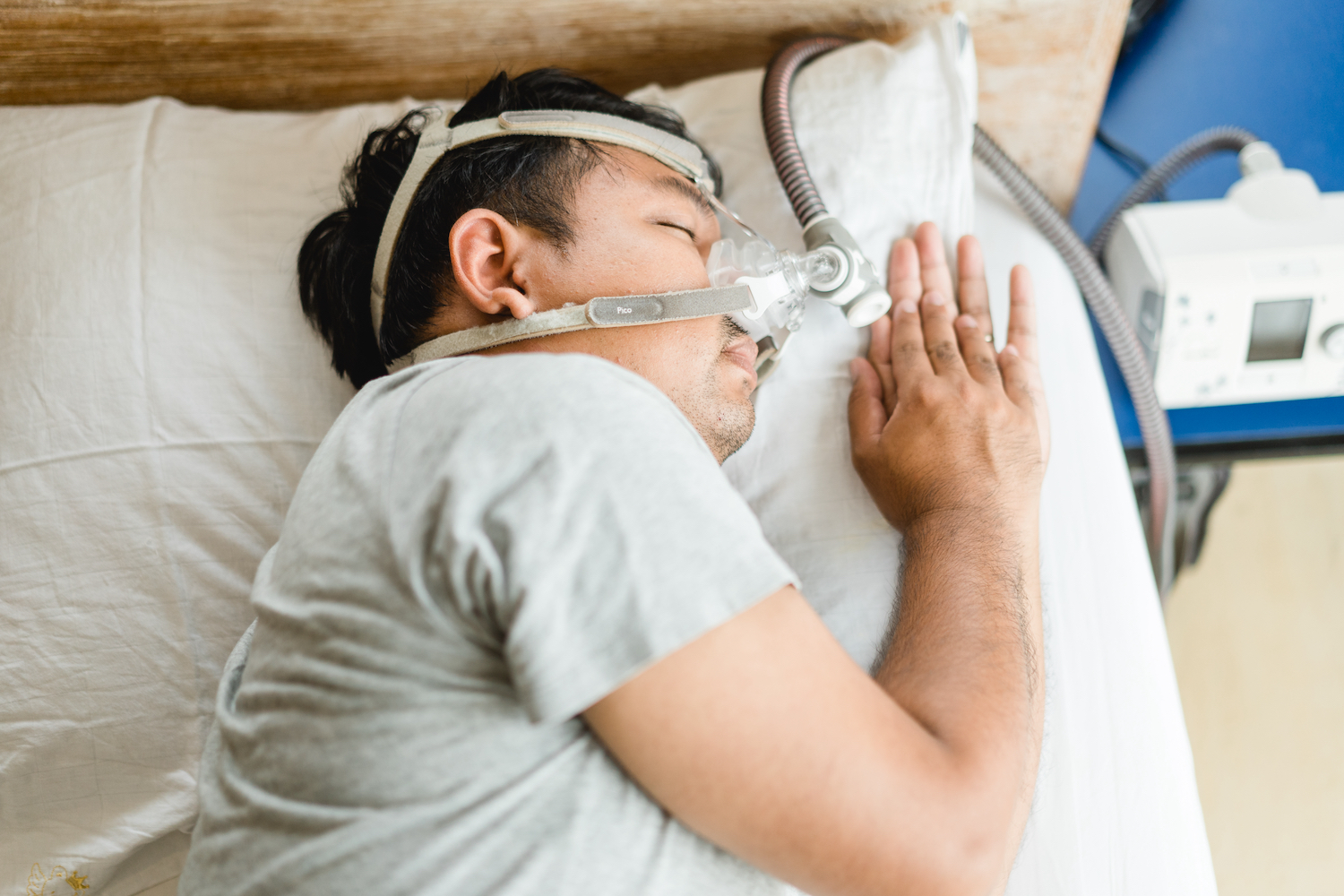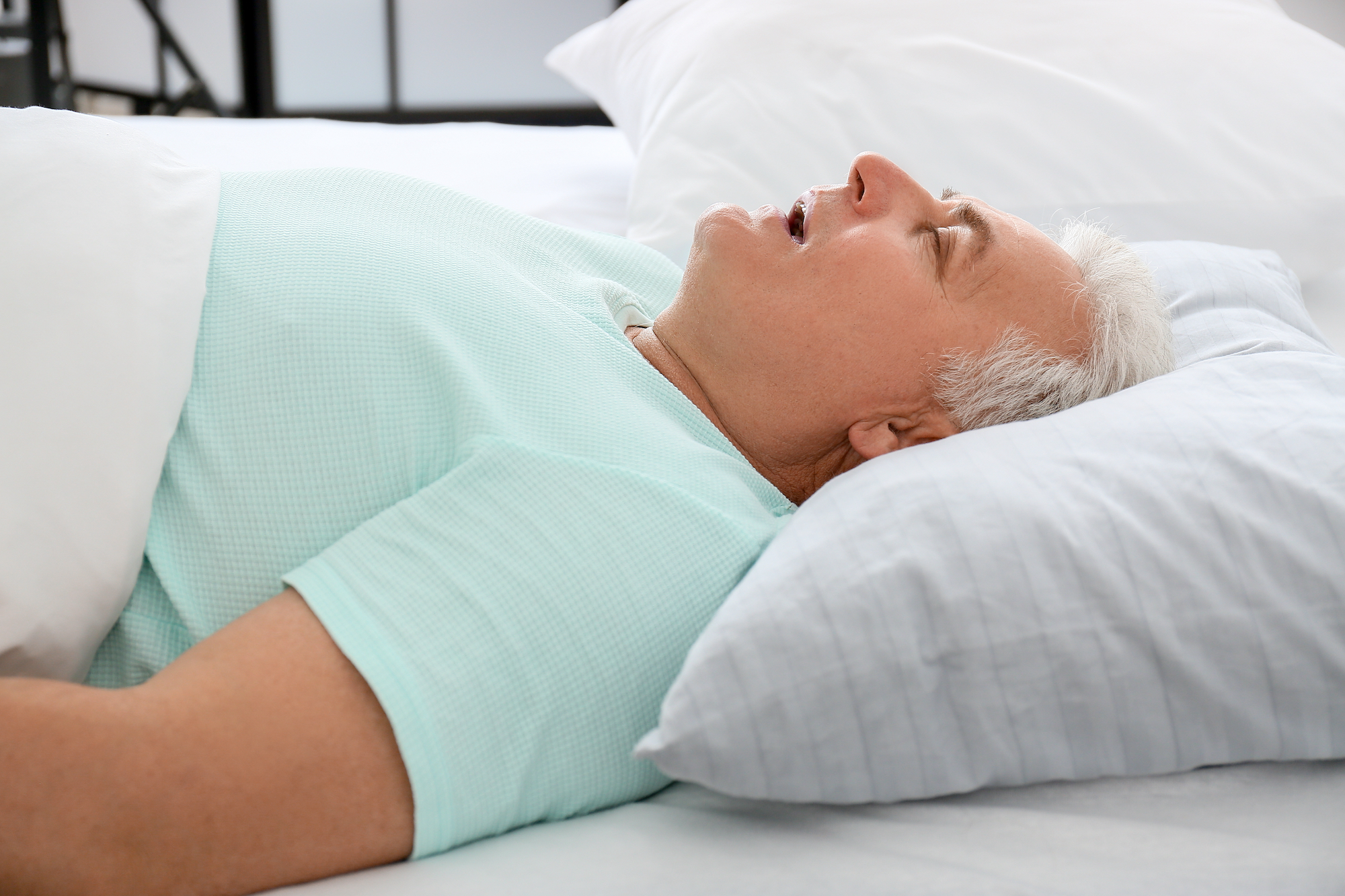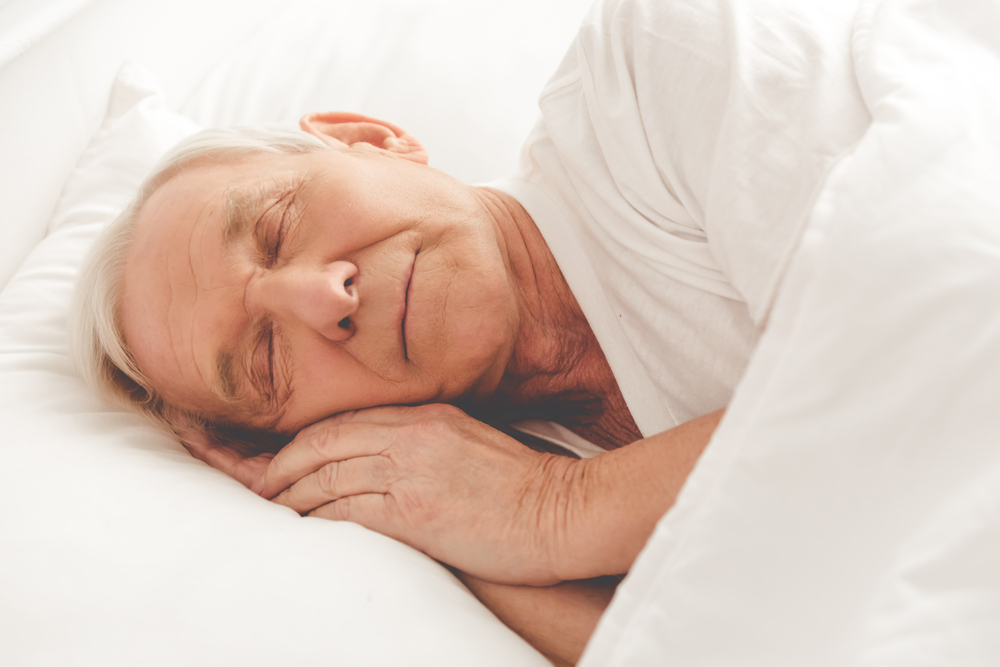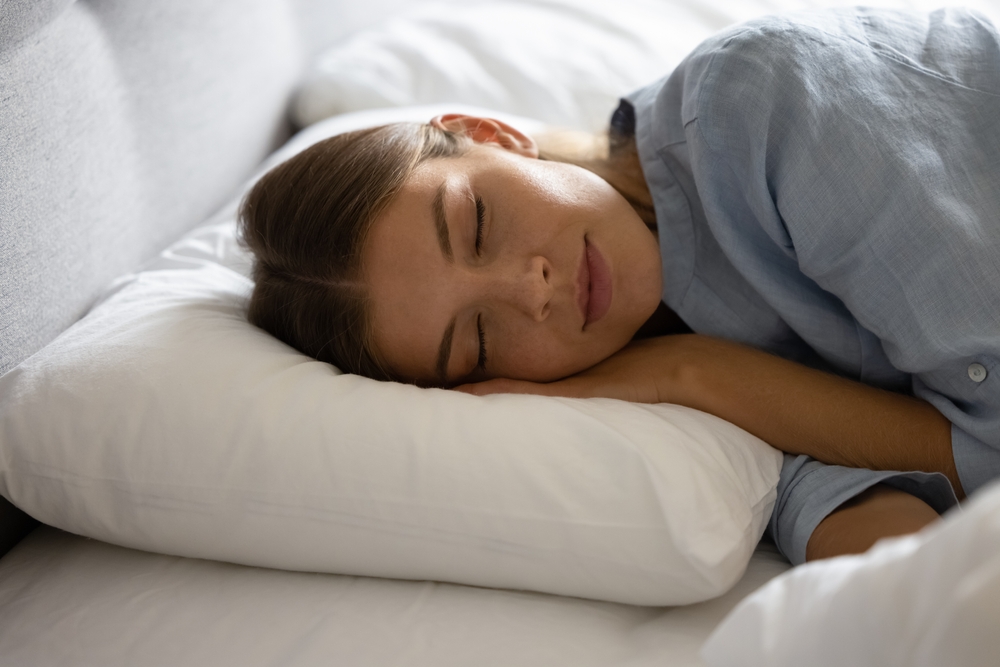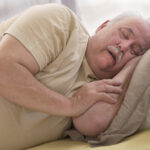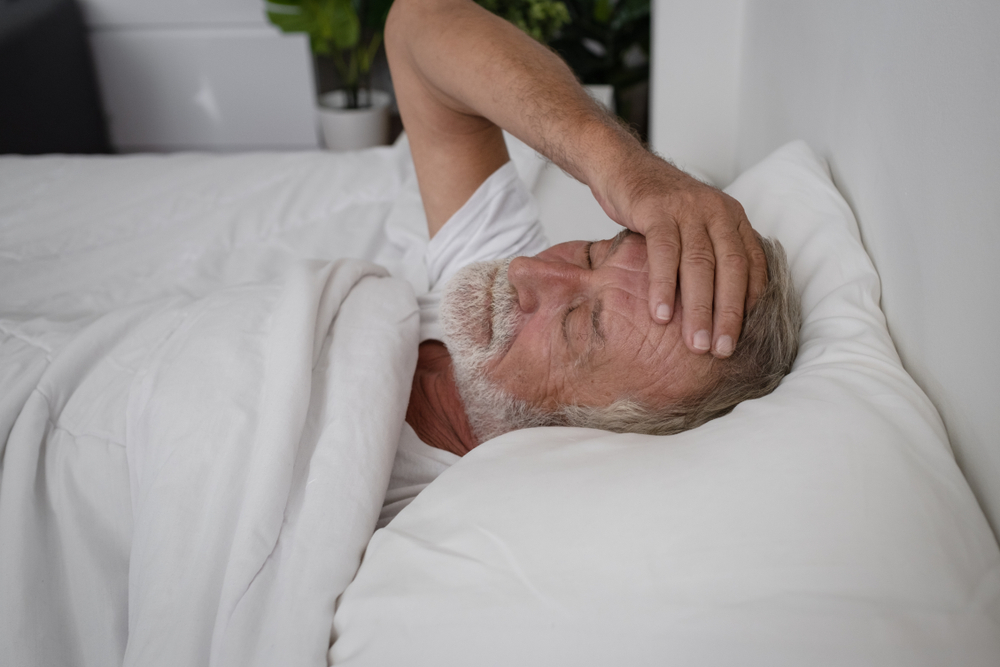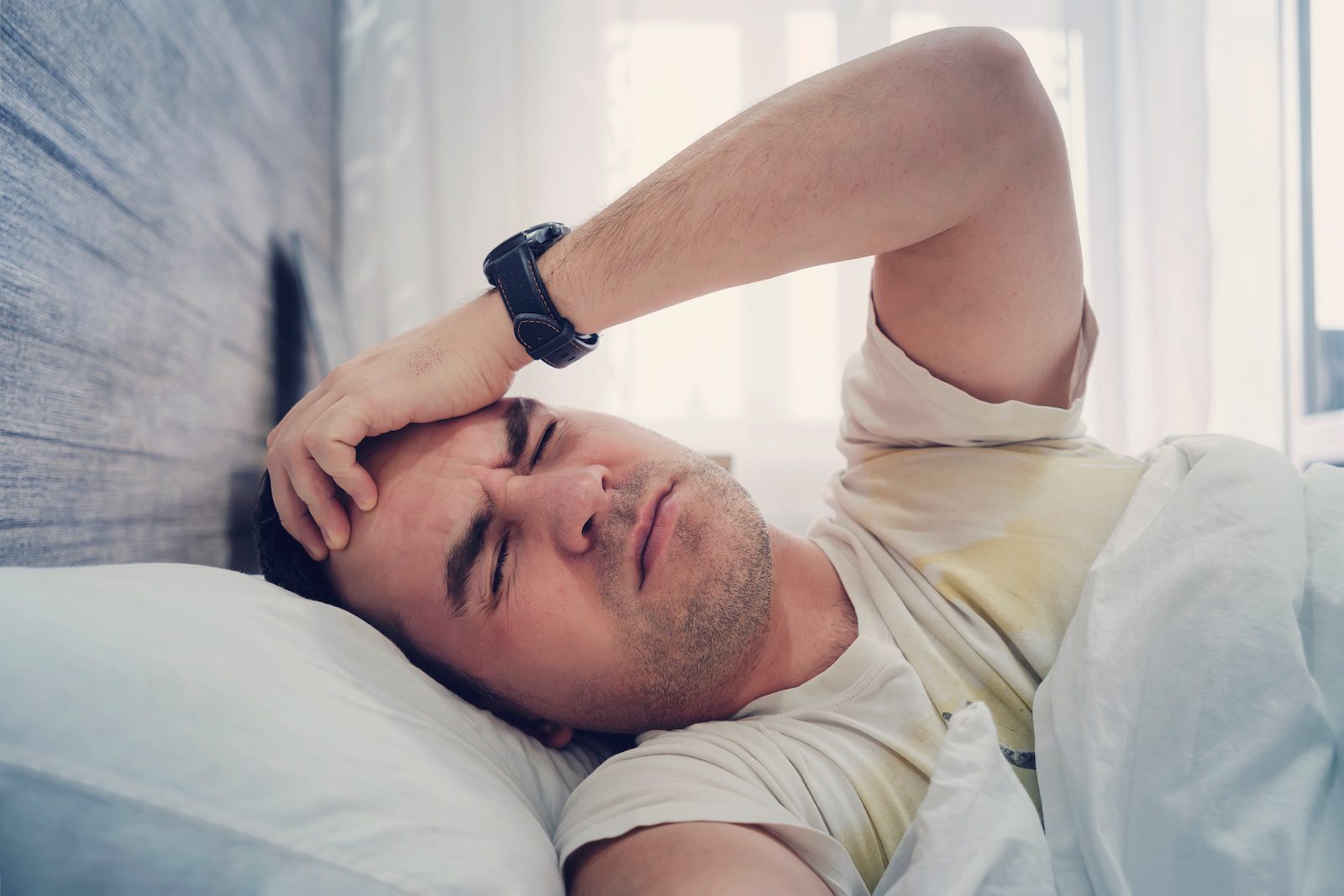Many experts believe that untreated sleep apnea can contribute to seizures. Sleep apnea is a disorder involving repeated breathing disruptions during sleep, and it may impact the brain in ways that make seizures more likely.
Studies have also found that people with epilepsy are more likely to have sleep apnea, suggesting that there may be a complex relationship between these conditions. We review what research so far has shown about sleep apnea and epilepsy and discuss whether treating sleep apnea may help reduce seizures.
The Link Between Sleep Apnea and Seizures
Although research is still in the early stages, sleep apnea and epilepsy seem to share a connection and may influence each other. Evidence has clearly demonstrated that people with epilepsy frequently also have sleep apnea.
A person with both sleep apnea and epilepsy may be more likely to experience fragmented sleep and daytime sleepiness. They may also have more trouble managing seizure symptoms and face a higher risk of long-term health problems.
Seizures occur during periods of altered brain activity, and some of that activity may be linked to changes in the brain during sleep. About 10% to 15% of epilepsy cases are closely related to sleep. For some people, seizures occur almost exclusively during sleep. Because sleep apnea impacts sleep quality, it may also affect seizures.
How Does Sleep Apnea Affect Epilepsy Symptoms?
In adults and children, untreated sleep apnea may make seizures more likely because of how it disrupts sleep and impacts the cardiovascular system.
- Sleep deprivation: Sleep apnea can cause sleep loss or poor sleep, both of which are believed to contribute to sleep-related seizures. It can also be more challenging to treat sleep-related seizures if a person also has obstructive sleep apnea.
- Changes to sleep stages: People with sleep apnea experience interrupted sleep and tend to spend more time in light sleep stages, which happen to be the stages most commonly associated with seizures. Sleep apnea also causes repeated transitions back and forth between sleep and wakefulness, potentially raising the risk of a seizure.
- Cardiovascular issues: Sleep apnea can cause notable health complications, including an irregular heartbeat, poor circulation, and reduced oxygen being delivered to the brain. Some experts believe that these issues may increase the risk of seizures.
How Do Seizures Affect Sleep Apnea?
Epilepsy may contribute to or worsen sleep apnea. Breathing interruptions during sleep may occur while a person is having a seizure. Even without having a seizure, people with epilepsy may have brain activity patterns and repeated nighttime awakenings that make them more susceptible to the disruptions in breathing associated with sleep apnea.
Additionally, a number of commonly used treatments for seizures may contribute to sleep apnea.
- Vagus nerve stimulation: Vagus nerve stimulation works by delivering electrical charges to an important nerve to try to stop a seizure before it fully develops. This treatment directly affects nerves and muscles around the airway, which can lead to a reduction in breathing. As a result, vagus nerve stimulation may worsen existing sleep apnea, although health professionals may try to make adjustments to the stimulator to minimize the effects on breathing.
- Antiepileptic drugs: Some medications for seizures can cause relaxation of the muscles near the airway and affect how the body responds to breathing disruptions. Certain anti-seizure drugs also contribute to weight gain, which is a risk factor for OSA. Negative effects on sleep apnea are generally greater when a person is prescribed multiple antiepileptic drugs.
Because of the impact of seizures on overall health, treatment for epilepsy remains important even if it can have an impact on sleep apnea. Effectively controlling seizures may enhance sleep and decrease the risk of serious health complications. A doctor can help determine the best treatment plan for people with both epilepsy and sleep apnea.
How Are Sleep Apnea-Related Seizures Treated?
Though more research is needed, scientists hope that treating sleep apnea may have positive effects for people with epilepsy. Most studies to date have focused on how continuous positive airway pressure (CPAP) therapy for OSA may help reduce seizures.
Treating OSA with a CPAP machine may help control seizures even when epilepsy hasn’t gotten better with medications. Though the connection isn’t fully understood, experts believe CPAP therapy may reduce seizures by changing how long a person spends in each sleep stage.
When to Seek Medical Help
Talk to a doctor if you have symptoms of sleep apnea or if you take multiple antiepileptic medications and still experience seizures. Getting treatment for sleep apnea and working to improve sleep quality may help improve the symptoms and potential health consequences of epilepsy.
Doctors can check for sleep apnea and sleep-related seizures during a sleep study. This test measures multiple vital signs, including brain waves, heart rate, and breathing during an overnight stay in a specialized lab.
Still have questions?
Sleep apnea products can be confusing. If you need individualized assistance, send us an email at [email protected] with your questions and we'll help find the best fit for you.

